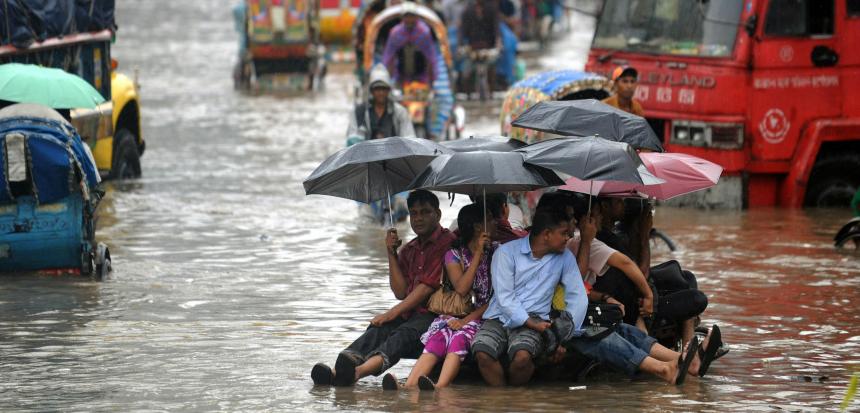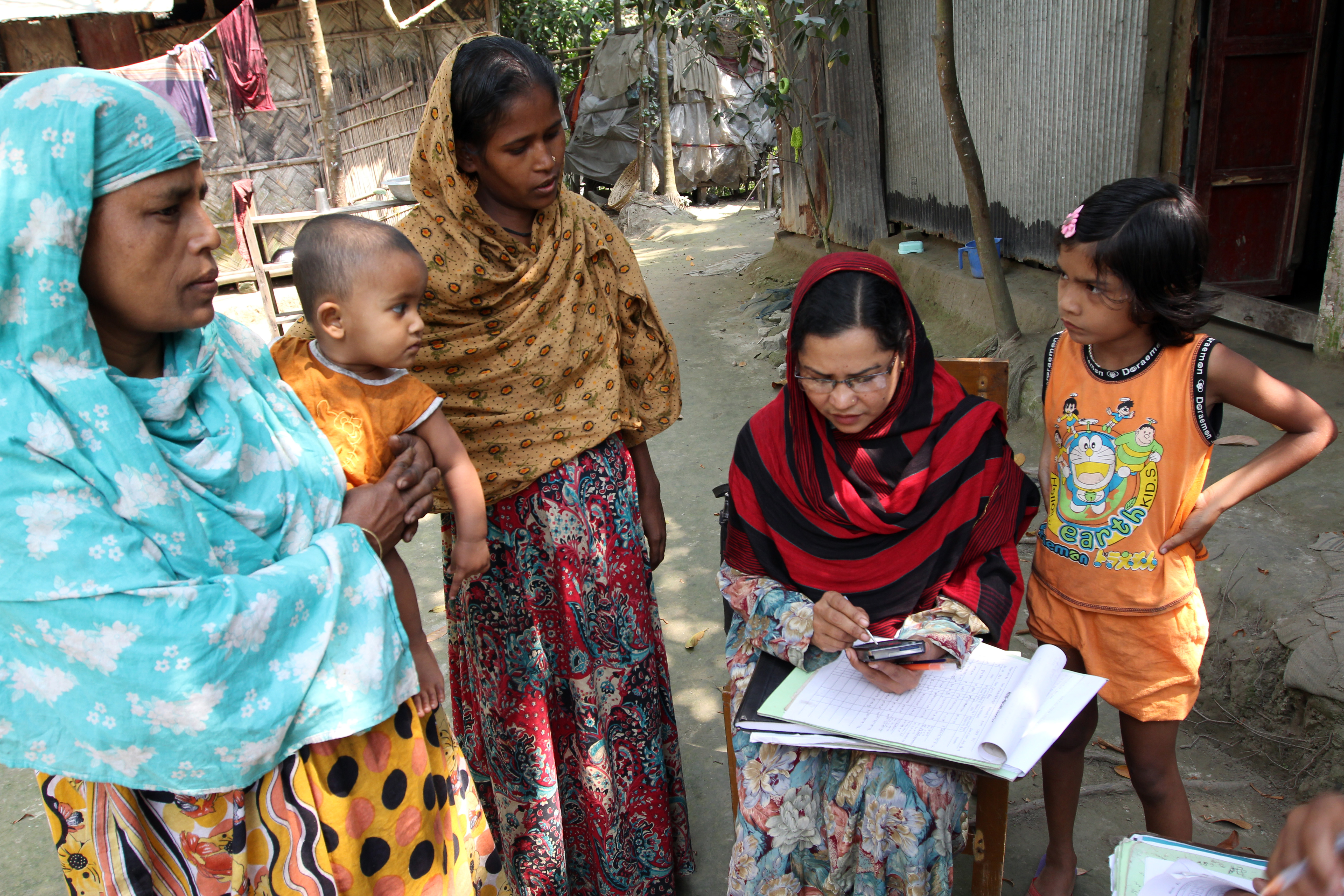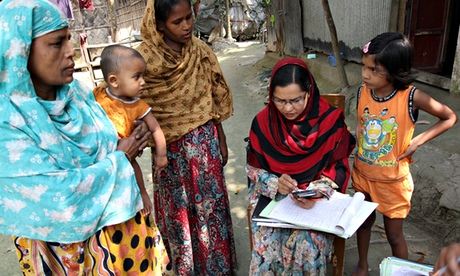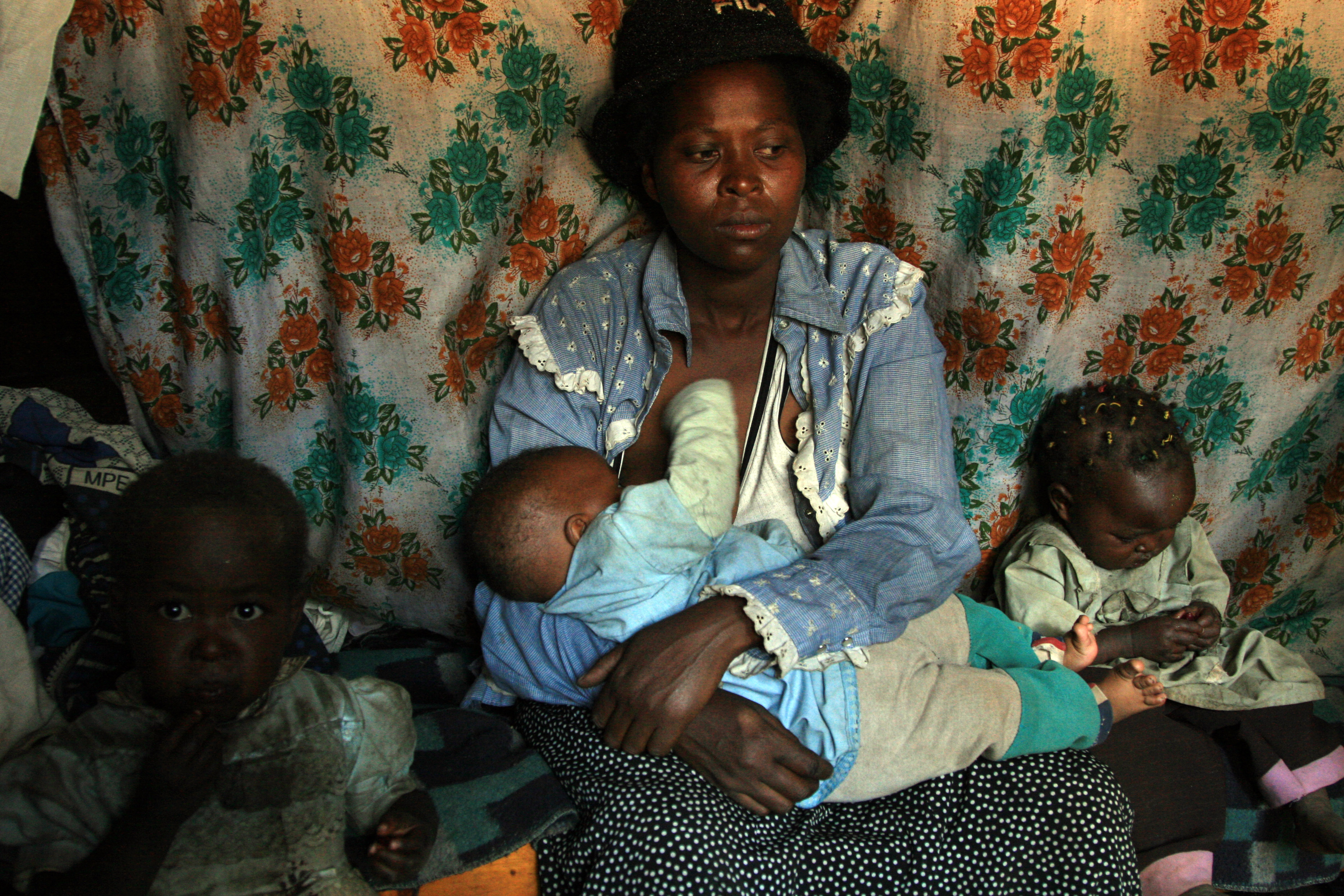Project July 11, 2013
Beyond 7 Billion
The statistics outline the story. More than 7 billion people crowd the planet, and by mid-century there will probably be at least 2 billion more. At least 8 million a year perish of hunger-related illness. Nearly 1 billion go to bed hungry every night.
Yet rapid population growth and its myriad complications have become nearly a taboo subject. It gets less attention than it did in the late 1960s, when there were half as many of us on the planet.
This is a critical moment in history. More than 3 billion people worldwide are under the age of 25. About 1.2 billion of them are adolescents just entering their reproductive years.
If they have the ways and means to choose smaller families than their elders, the world's population will continue to grow, but more slowly.
According to United Nations projections, the number will rise to 9.6 billion by 2050 — the equivalent of adding another India and China to the world.
That's an optimistic scenario, assuming that birthrates continue to fall. If they stay where they are, the global population is projected to reach 11 billion by midcentury — akin to adding three Chinas.
Under either forecast, scientists say, living conditions are likely to be bleak for much of humanity. Water, food and arable land will be more scarce, cities more crowded and hunger more widespread.
Nearly all – 97 percent – of the growth will come in the developing world. The fastest growth will come in the countries least able to handle it.













